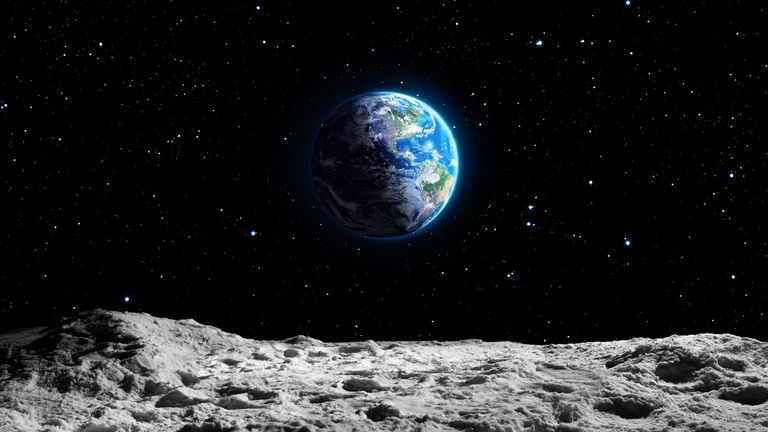The human heart has been found to show signs of aging after a mere month in space.
Heart tissue samples aboard the International Space Station (ISS) were discovered to beat only around half as strongly as they do on Earth, according to a new paper in the journal Proceedings of the National Academy of Sciences.
This indicates that the microgravity of space weakens and ages heart tissue, expanding our knowledge of how extended periods of spaceflight might affect the bodies of astronauts in the future.
In the paper, Johns Hopkins Medicine researchers describe how they sent 48 human bioengineered heart tissue samples to the ISS for 30 days to test how and why the tissue changed during its stay off Earth.
Ever since we started sending people into space, we have known that the lack of gravity has a major impact on astronauts' bodies. Without gravity, muscles don't need to work as hard to support the body or move, leading to muscle atrophy. Bones also lose minerals and weaken since they don't bear weight, which can lead to a condition similar to osteoporosis. Significantly, the heart doesn't work as hard to pump blood against gravity, which can cause it to shrink and weaken over time, with some astronauts developing arrhythmias.
"With current plans for manned missions to Mars and beyond, the need to better understand, prevent, and counteract the harmful effects of long-duration spaceflight on the body is becoming increasingly important," the researchers wrote in the paper.
The researchers hoped to study the cellular pathways that lead to this weakening of the heart tissue. They grew the heart tissue by making stem cells develop into heart cells, which they then engineered to be able to beat just like a living heart. Contained inside a 'heart-on-a-chip' system inside a container smaller than a phone, the heart tissue could be monitored in real-time from Earth during its space flight. The researchers also monitored heart tissue here on Earth for comparison.
"An incredible amount of cutting-edge technology in the areas of stem cell and tissue engineering, biosensors and bioelectronics, and microfabrication went into ensuring the viability of these tissues in space." study co-author Deok-Ho Kim, a professor at Johns Hopkins School of Medicine, said in a statement.
The researchers found that after 30 days, the heart tissue had started beating irregularly, with the delay between beats in space growing to nearly 5 times that on Earth. This did return to normal after the heart tissue came back to Earth, however. They also found that proteins in the muscle cells became shorter, which also occurs in heart disease, the mitochondria inside the cells had become fragmented, and the tissues were increasing production from genes involved in inflammation and oxidative damage.
"Many of these markers of oxidative damage and inflammation are consistently demonstrated in post-flight checks of astronauts," co-author Devin Mair, a former PhD student in Kim's lab and now a postdoctoral fellow at Johns Hopkins, said in the statement.
The researchers hope to use this 'heart-on-a-chip' system to further test how other organs fare under microgravity, as well as testing if certain drugs could prevent heart tissue from degrading.
"Central to the observed tissue dysfunction are mitochondrial impairment and potential oxidative stress, manifesting as increased arrhythmias during space missions and a sustained loss of contraction strength, persisting even after returning to Earth's gravity. These spaceflight-induced changes mimic cardiac aging, underscoring the model's potential use in aging-related cardiovascular disease research," the researchers wrote.
Do you have a tip on a science story that Newsweek should be covering? Do you have a question about asteroids? Let us know via science@newsweek.com.
References
Mair, D. B., Tsui, J. H., Higashi, T., Koenig, P., Dong, Z., Chen, J. F., Meir, J. U., Smith, A. S., Lee, P. H., Ahn, E. H., Countryman, S., Sniadecki, N. J., & Kim, D.-H. (2024). Spaceflight-induced contractile and mitochondrial dysfunction in an automated heart-on-a-chip platform. Proceedings of the National Academy of Sciences, 121(40). https://doi.org/10.1073/pnas.2404644121
Disclaimer: The copyright of this article belongs to the original author. Reposting this article is solely for the purpose of information dissemination and does not constitute any investment advice. If there is any infringement, please contact us immediately. We will make corrections or deletions as necessary. Thank you.



